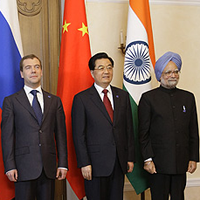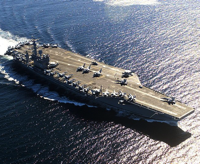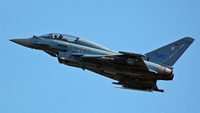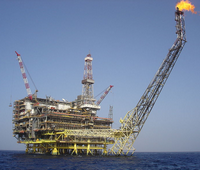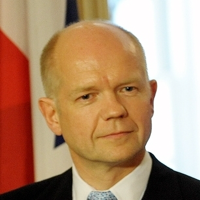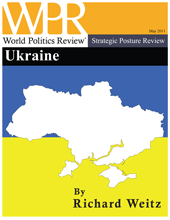
Despite having enormous natural and human resource endowments, Ukraine has experienced severe difficulties during the past two decades transitioning from a Soviet republic subordinate to Moscow to an independent country with a democratic political system, effective liberal market economy and foreign and defense policies that meet the country’s unique national security requirements. Many of Kiev’s particular foreign policy concerns result from Ukraine’s status as both a bridge and a front-line state situated between the former Soviet empire and Western and Central Europe. Ukraine has increasingly tried to turn that status to its advantage. For now, though, it has yet to […]

